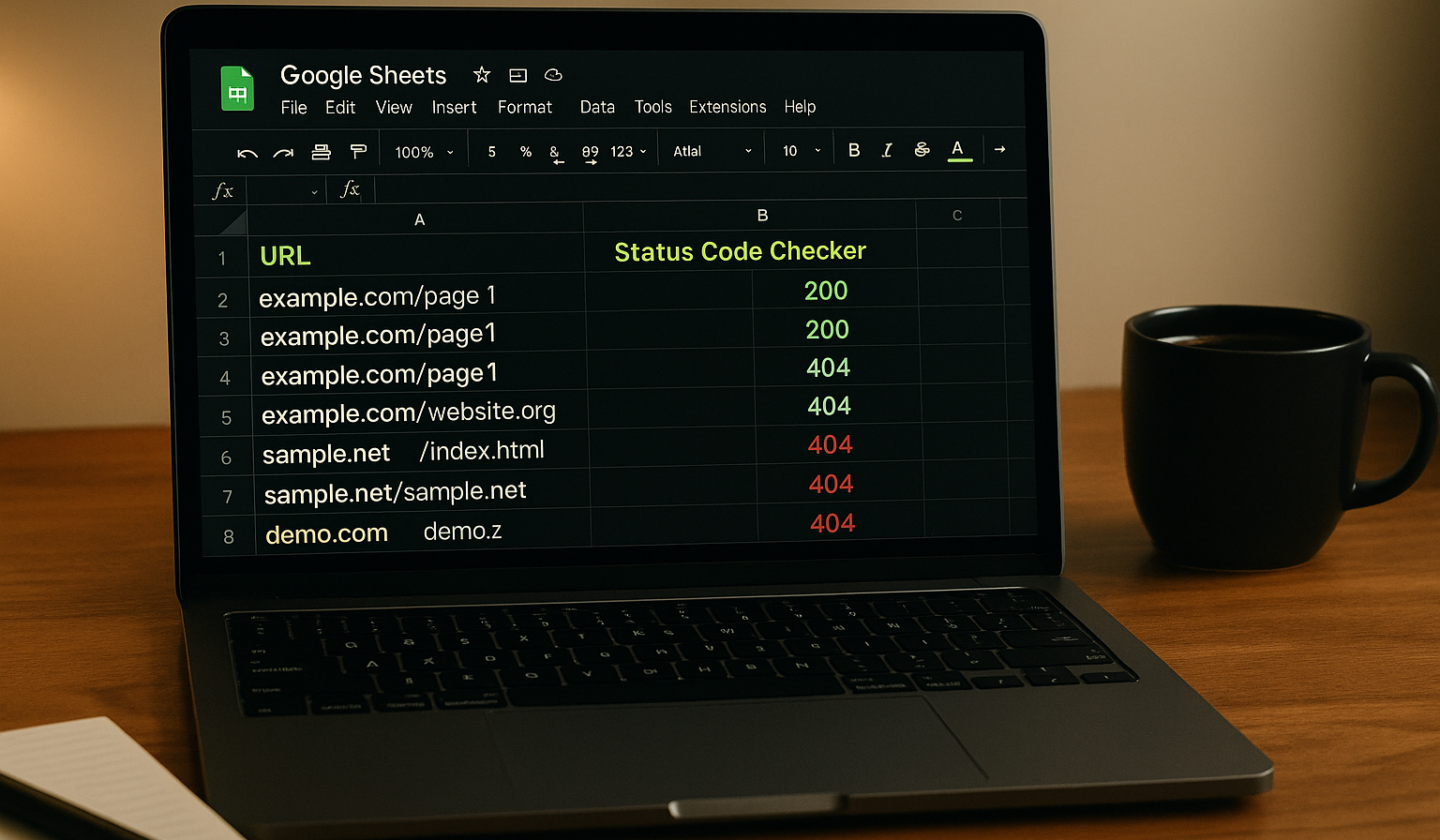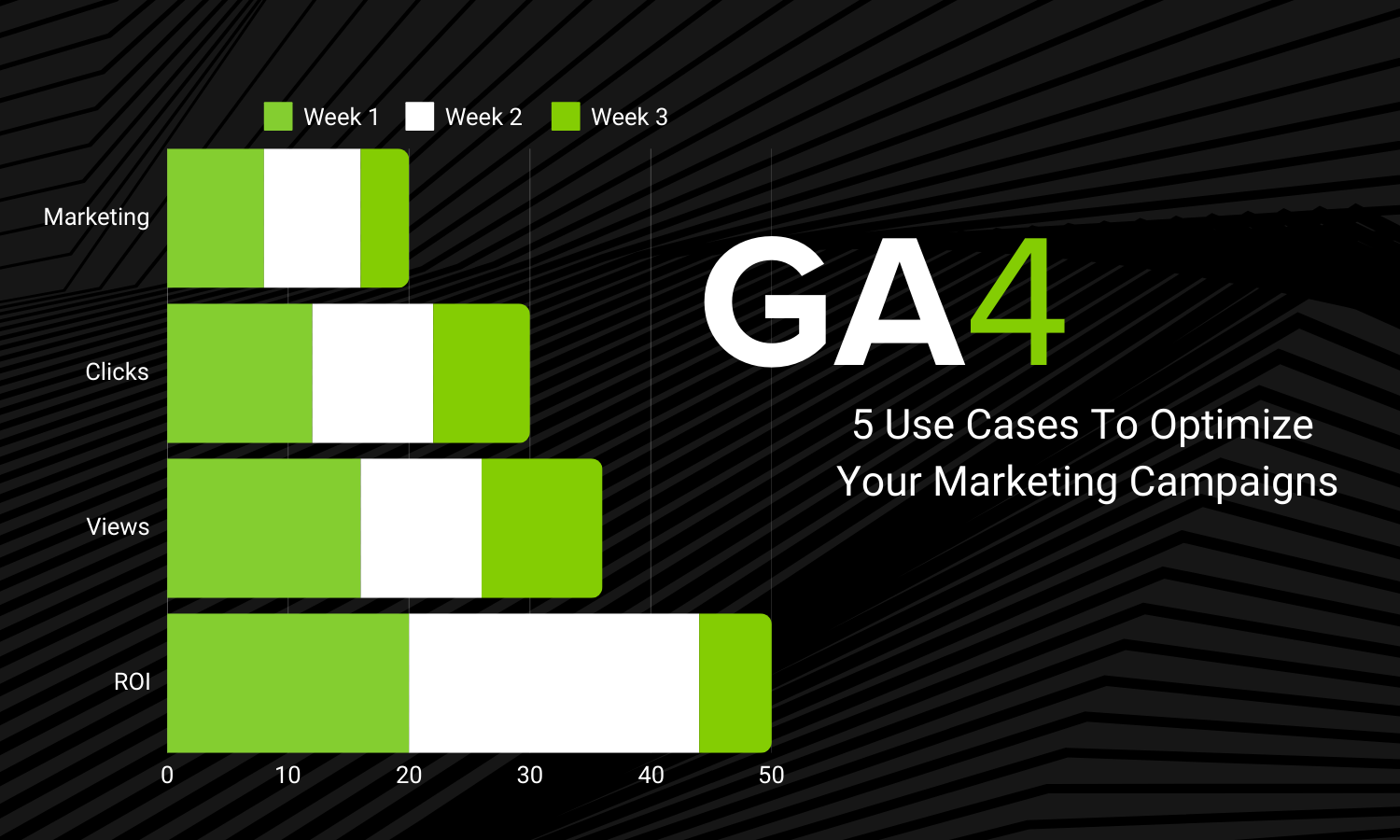Tip of the Week: Use Google Sheets to Check for Broken Links
Want to create your own free broken link checker with Google Sheets? Anyone who works in SEO, marketing, or development has lived through the same...
2 min read
 William McCulley
:
Jul 23, 2025 10:41:20 AM
William McCulley
:
Jul 23, 2025 10:41:20 AM

Listen and Learn On The Go
You’ve invested time and money into creating the perfect paid search campaign. But what if someone else is stealing your traffic, and getting paid for it?
Ad hijacking is a deceptive tactic where unauthorized affiliates or competitors impersonate your brand in search ads, then redirect traffic for their own gain. They may copy your ad copy, mimic your branding, or even outbid you for your own keywords.
The result? You lose visibility, your cost-per-click goes up, and worse, you may pay commissions for traffic you would’ve received anyway.
Ad hijacking happens when a third party, often an affiliate, runs PPC ads that appear to be from your company. These ads show up on Google or Bing and look like the real deal, but they actually redirect users to the affiliate’s own tracking links. In some cases, they even lead to fake or malicious landing pages.
This is more than unethical, it’s brand sabotage. And unless you're actively monitoring for it, it can go undetected for months.
Whether you’re managing ads for a client or running your own campaigns, ad hijacking can:
Inflate your cost-per-click and eat into your ad budget
Damage your brand trust if users land on misleading pages
Violate your affiliate program’s terms, putting your partnerships at risk
Steal high-converting traffic you’ve worked hard to earn
Even worse, many hijackers operate outside the U.S. or use VPNs to avoid detection, making them harder to track.
Here are some red flags to watch for:
Your own brand ads look unfamiliar or duplicated when searched from different locations or devices
Sudden spikes in affiliate commission with no clear reason
Declining conversion rates despite stable ad spend
Inconsistent ad messaging in search results
You can also use platforms like Adpolice or monitoring tools like BrandVerity to help detect unauthorized ads.
At LevelUp Digital, we recommend a proactive defense strategy:
Audit Your Ads Weekly – Use incognito searches, VPNs, and location emulators to check how your ads appear across regions.
Monitor Affiliate Activity – Set clear rules in your affiliate agreements and track for anomalies in traffic and conversions.
Leverage Ad Monitoring Tools – Platforms like BrandVerity, PPC Protect, or SEMrush help identify ad impersonators in real time.
Report and Remove Offenders – Report unauthorized ads directly through Google Ads or Bing. Include screenshots and tracking data.
Partner With a Trusted Digital Agency – That’s where we come in.
 You Don’t Have to Fight Ad Hijackers Alone
You Don’t Have to Fight Ad Hijackers AloneAt LevelUp Digital, we help business owners and digital marketers take back control of their paid search campaigns. With real-time monitoring, airtight affiliate strategy, and ad optimization, we make sure your brand stays protected and profitable.
Let us audit your existing ad campaigns and show you what’s really happening behind the scenes.

Want to create your own free broken link checker with Google Sheets? Anyone who works in SEO, marketing, or development has lived through the same...

Every year we brace for Google updates, but the November 2025 rollout was different. It didn’t just adjust rankings or shuffle winners and losers. It...

You’re driving traffic to your website, maybe even paying for ads, boosting posts, or grinding out SEO. But let’s be honest… if visitors are landing...

Marketing is tough when you’re flying blind. If you’re not using real data to guide your strategy, you’re probably wasting budget, missing...

You’ve probably been there before… You launch a new landing page.You tweak a headline.You try a different image in your ad. And then you wait. You ...

Your logo isn’t just a design—it’s the face of your brand. It’s the first impression people get and a shortcut to how they feel about your business....